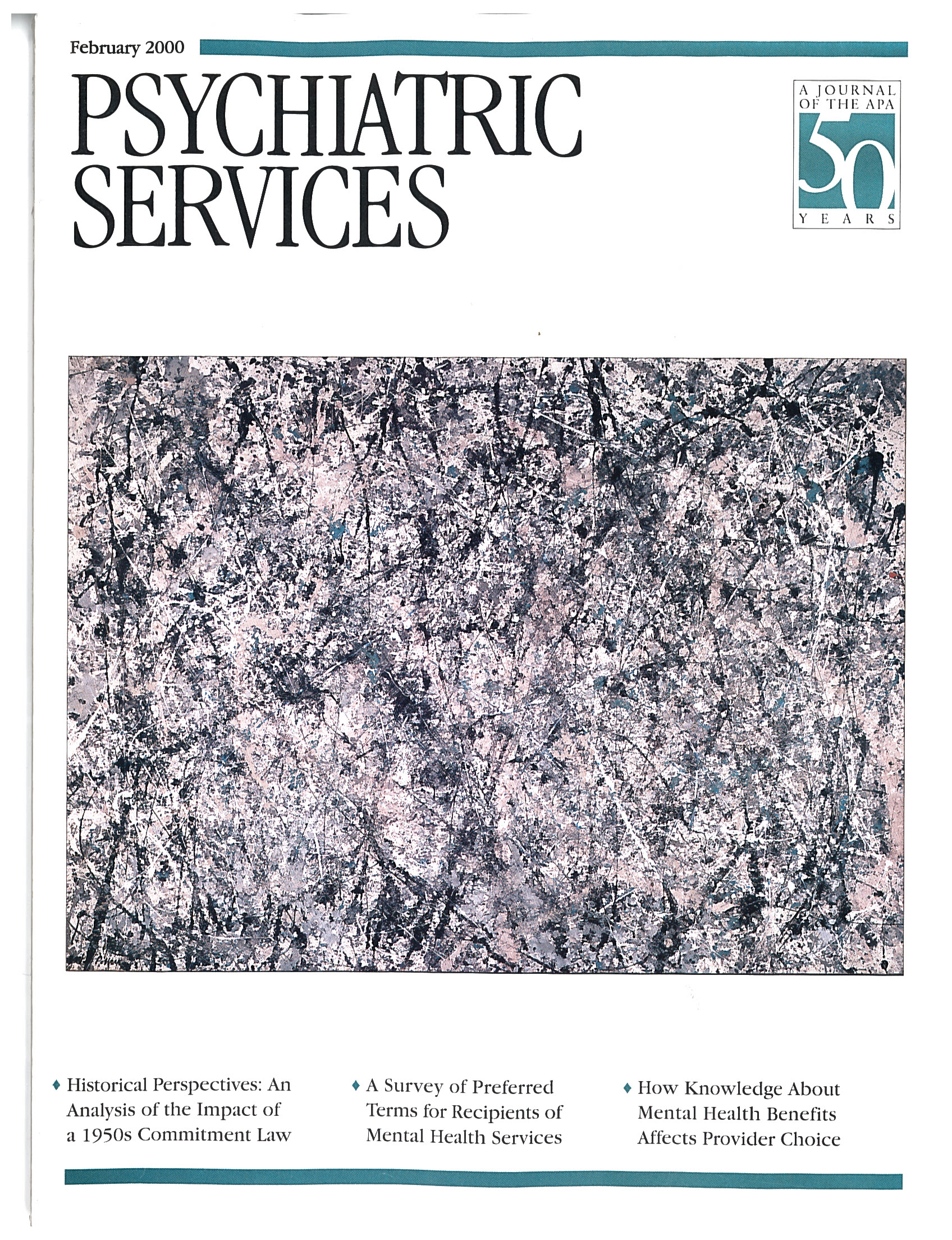The Woman in the Surgeon's Body
This anthropologist's perspective on the development of women surgeons will ring true in different degrees to all women physicians, and it will add a dimension of understanding and, one hopes, empathy from their male peers.
Dr. Cassell has conducted an ethnographic study of 33 women surgeons, following them through their workdays, meeting their families, and interviewing them and others in their lives. Her insights focus on surgery generally and the experience of women surgeons specifically.
After the author has immersed the reader in the culture of surgery, including the intricacies of training and practice, an outsider to the mystique of the "iron surgeon" almost reflexively asks whether this culture is the only or the optimal way to train or treat any surgeon, male or female. It leads to a sense of awe about, and an appreciation of, the enormousness of the responsibility on the surgeon's shoulders, as well as the consequences for his or her life, family, and relationships. It also raises questions about the quality of care that emerges from this culture.
Throughout the book, the author questions how women influence or are influenced by their experience as surgeons. She wonders at their strengths and applauds them for having made this career choice. She considers whether men and women have different approaches and styles, and what the impact of the rigorous socialization process is on them and those they care for. She documents the differences in the experiences of men and women in this macho environment, which is not designed to appreciate diversity in style, approach, or any other dimension, as her title, The Woman in the Surgeon's Body, implies. She describes a military mentality that "cull[s] out the weak and the sick" rather than appreciate "the gender of care" and the role of caring in the physician's ethic.
Although we have seen many studies and much literature about the culture of medicine, and especially surgery, over the last four decades, this book is an insistent reminder that not much has changed. Should it change? In what way? We would undoubtedly say yes to change and proceed to present a more humane training process and practice approach. But why hasn't it changed? Is it the insistence of the authoritarian ethos, or is there a down side to making what seem to be obvious changes? What would it cost to the patient, the surgeon, and our society? What would we gain?
The author's narrative succeeds in raising essential questions while she recounts the lives and experiences of the women surgeons she has studied with respect, empathy, and admiration.
Dr. Nadelson is president, chief executive officer, and editor-in-chief of American Psychiatric Press in Washington, D.C., and clinical professor of psychiatry at Harvard Medical School in Boston.



